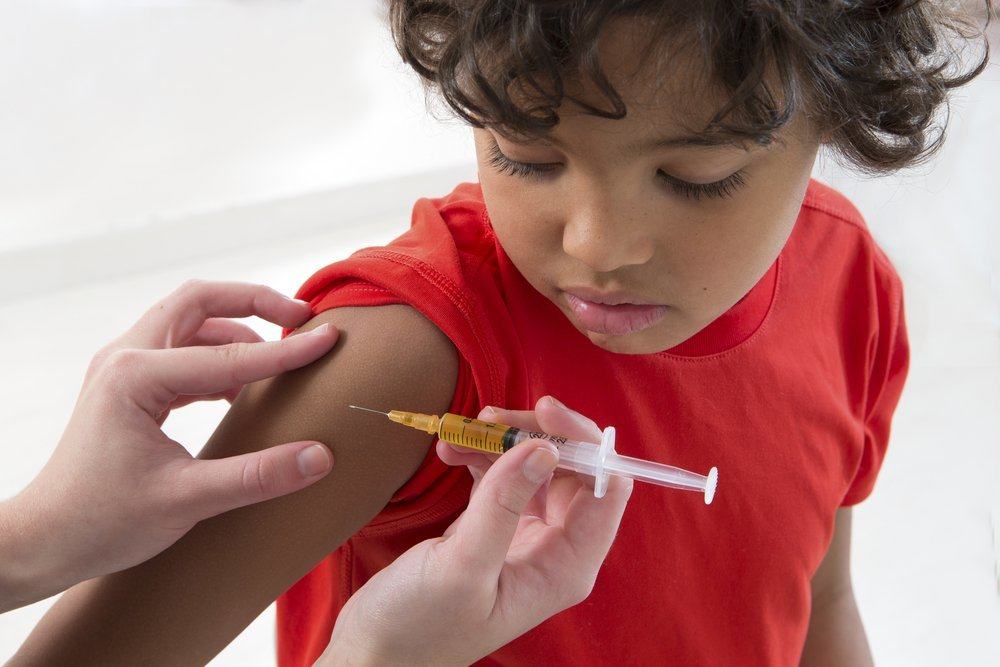Contents:
- Medical Video: The Birds and the Bees | Parents Explain | Cut
- To what extent should I explain sex to children?
- What do children need to know about sex?
- Prepare answers for awkward situations
Medical Video: The Birds and the Bees | Parents Explain | Cut
If your child asks questions related to sex, they are ready to accept honest answers. It's never too early to start talking about this. Find out how to do it.
Children are naturally curious about their bodies and other people. By answering the questions they ask you, you can help them understand their body and feelings and the feelings of others. This is a good basis for open and honest communication regarding sex and relationships, growing up and going through puberty.
To what extent should I explain sex to children?
Depends on your child. If they are satisfied with your answer and don't ask follow-up questions, you might have given them enough information. If they ask other questions, you can tell them further.
You don't need to tell in detail. Short and simple answers may be enough. For example, if your three-year-old toddler asks why he doesn't have a penis like his brother, you can tell him that men have penises and women have a vagina. This can satisfy his curiosity. Try to find out what your child wants to know. For example, if they ask "where do babies come from?" Find out what they really want to know. Don't make it more complicated than it should be. You can answer by saying "babies grow in the mother's stomach, and when they are ready, they will appear in the world." This answer is enough.
If not, the next question from your child might be, "how can the baby be in the stomach?" You can answer it by "father putting the seeds in it." , "Through a special pathway in a woman's body called the vagina."
What do children need to know about sex?
They need to know that it's okay to talk about sex and relationships, and that you don't mind talking about it. They will know this from your tone of voice and attitude when talking about sex, so try to act like sex is a normal topic every day.
Besides sex, your child needs to know the following main topics:
- Changes are expected during puberty and what will happen to the body of women and men
- How baby processes are created
- How pregnancy occurs and how contraception can prevent it
- Safe sex and condom use to prevent sexually transmitted diseases
Your child needs to know about puberty before they pass it. If not, they can be scared or surprised by the changes that occur in their bodies.
Women need to know about menstruation before they are 10 years old, and men need to know the changes that will occur before they are 12 years old. There is no reason for women and men not to learn the same thing. For example, men can learn about menstruation, and women can learn about erection. If your child is close to the age at which they need to know about puberty or sex and relationships, they don't ask questions about it, use daily conversations that lead to that. For example, you can talk about a story on a TV program, or discuss about menstruation when you see sanitary napkins in a store.
Tell your child that when you grow up, there will be some changes that occur to everyone and you want your child to know what will happen later.
Prepare answers for awkward situations
No matter how open you are about sex, there will be times when you need quick answers to answer questions that make you clumsy, for example, in a self-service queue or on a bus.
Say something like, "that's a good question. We'll talk later when we're at home. "Make sure you remember to talk about it later.
READ ALSO:
- 12 Things You Need to Know About Sex and Pregnancy
- How to Teach Children to Protect Themselves from Sexual Violence
- Overcoming Late Puberty Conditions












